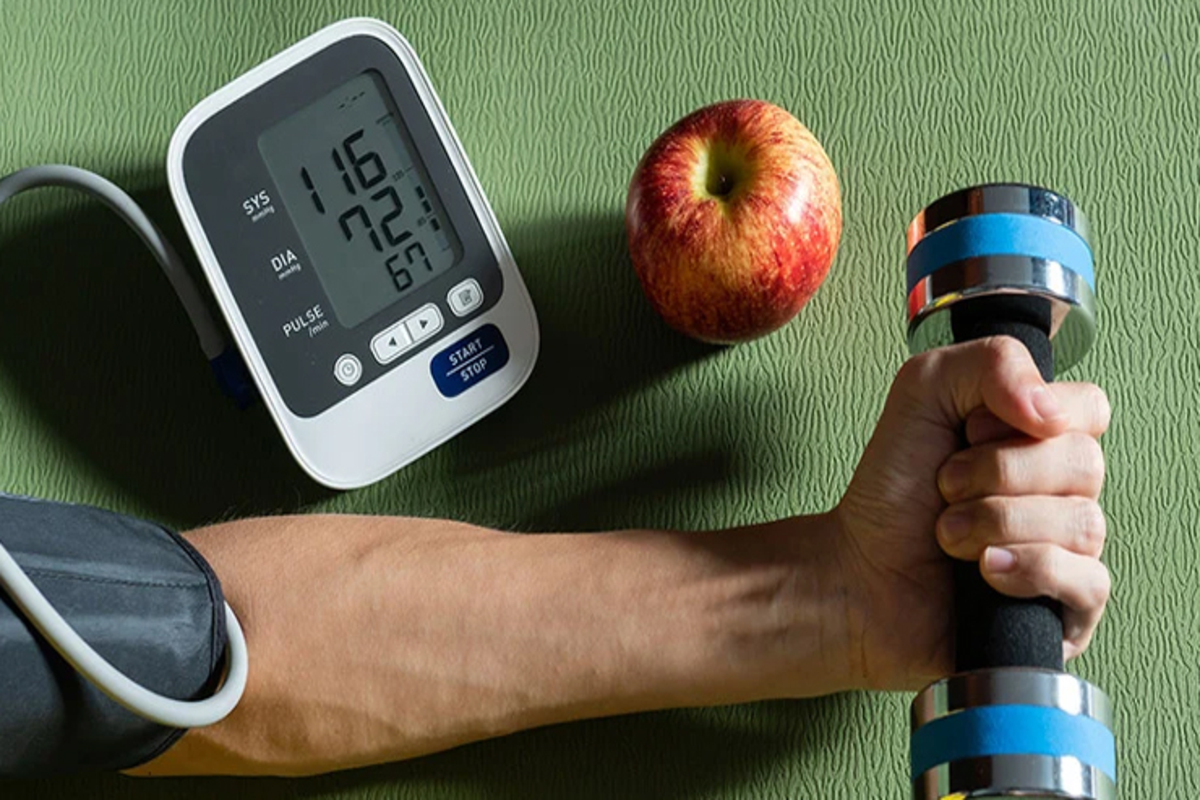While high blood pressure is majorly known to affect the heart, the disease which makes a discreet progression can have a significant effect on other body organs such as the brain, eyes, kidneys as well as also exacerbate various illnesses such as diabetes and some autoimmune diseases, say doctors.
BP, or blood pressure, plays a crucial role in maintaining the proper functioning of our body’s organs. Consisting of two measurements — systolic and diastolic pressure — it reflects the force exerted on blood vessel walls as the heart pumps blood.
Advertisement
High blood pressure (BP) or hypertension quietly damages the body for years before symptoms develop, and adversely affects various organs.
The heart is particularly vulnerable, as elevated BP strains its muscles and may lead to conditions like heart attacks, heart failure, or arrhythmias.
Additionally, high BP damages blood vessels, which can impair blood flow to the brain, potentially causing strokes or cognitive decline.
“Hypertension strains the cardiovascular system, worsening conditions like coronary artery disease, heart failure, and increasing the risk of heart attacks and strokes,” Dr Varun Bansal, Consultant, Cardiology and Cardio Thoracic surgery, Indraprastha Apollo Hospitals, New Delhi, told IANS.
Besides heart, a persistently high BP can cause damage to nearly all organs of the body which can include the brain, the large arteries, the small arteries, said Dr Ajay Gupta, Director, Internal Medicine, Max Hospital, Vaishali.
“In the heart, it can cause myocardial infarction, ischaemia, and even heart failure. In the brain it can cause ischaemic stroke or haemorrhages which is commonly known as the brain haemorrhage.
“In the kidney it can cause chronic kidney disease or renal failure which ultimately leads to organ damage and end up in kidney transplants. In some patients, the liver is affected, leading to fatty liver disease. It can cause retinopathy which is one of the progressive causes for vision loss,” Dr Gupta said.
It can also lead to inflammation of the blood vessels leading to organ damage, peripheral vascular disease, a blood circulation disorder that affects arteries, veins, or lymphatic vessels, he added.
Further, high blood pressure can also worsen other illnesses, significantly impacting overall health.
“Hypertension interacts negatively with diabetes. High blood pressure impairs insulin sensitivity and may contribute to diabetic complications, including kidney disease, retinopathy, and nerve damage. Furthermore, hypertension can worsen cognitive decline and increase the risk of dementia, especially in older adults,” Dr Bansal said.
“Other chronic conditions, such as metabolic syndrome, sleep apnea, and certain autoimmune diseases, can also be negatively influenced by uncontrolled high blood pressure,” he added.
In addition to hypertension, low BP also affects our body. Low blood pressure (hypotension) is equally significant and demands attention.
“Low BP decreases the perfusion to the organs and hence may cause recurrent syncopal attack and low perfusion to the kidneys because of acute kidney injury,” Dr Gupta said.
“When blood pressure drops too low, it can lead to inadequate blood flow to vital organs, resulting in symptoms like dizziness, fainting, and fatigue. In severe cases, it may cause organ damage or failure,” added Dr Bansal.
Usually a low BP is because of a secondary cause. It may be diarrhoea, dehydration or maybe because of sepsis or infection. So treating the primary cause aids in the treatment of low BP.
Low BP may also be a sign of an underlying medical condition, such as heart problems, or endocrine disorders. In some instances, it can be a side effect of certain medications, the doctors said.
“Particularly concerning is orthostatic or postural hypotension, where BP drops dramatically upon standing, increasing the risk of falls and injuries. Pregnant women with low BP require careful monitoring, as it may affect the baby’s growth and development,” Dr Bansal said.
Proper management of blood pressure, through lifestyle changes and prescribed medications, is essential to prevent the worsening of these underlying illnesses and to maintain better overall health. Regular monitoring and consultation with healthcare professionals play a crucial role in mitigating these risks, the health experts said.











